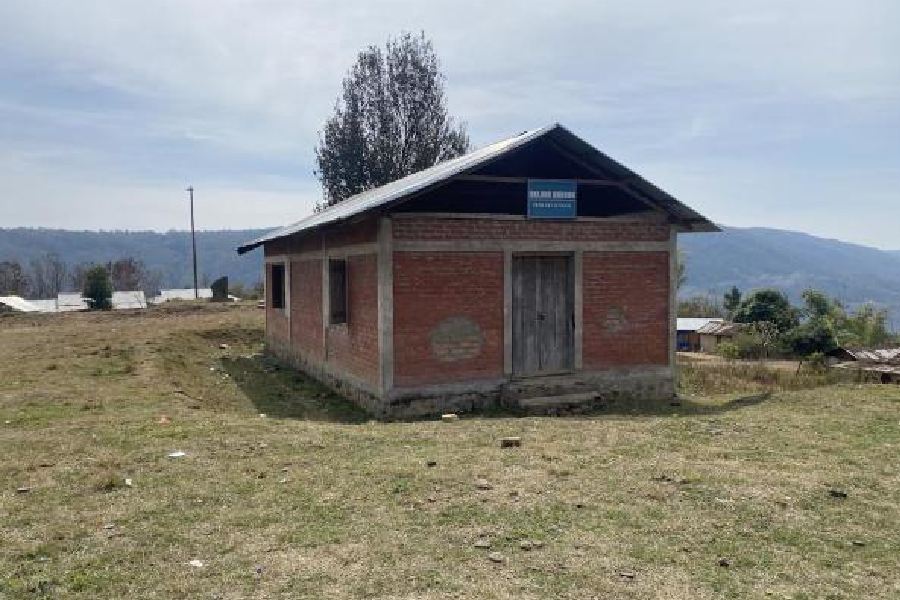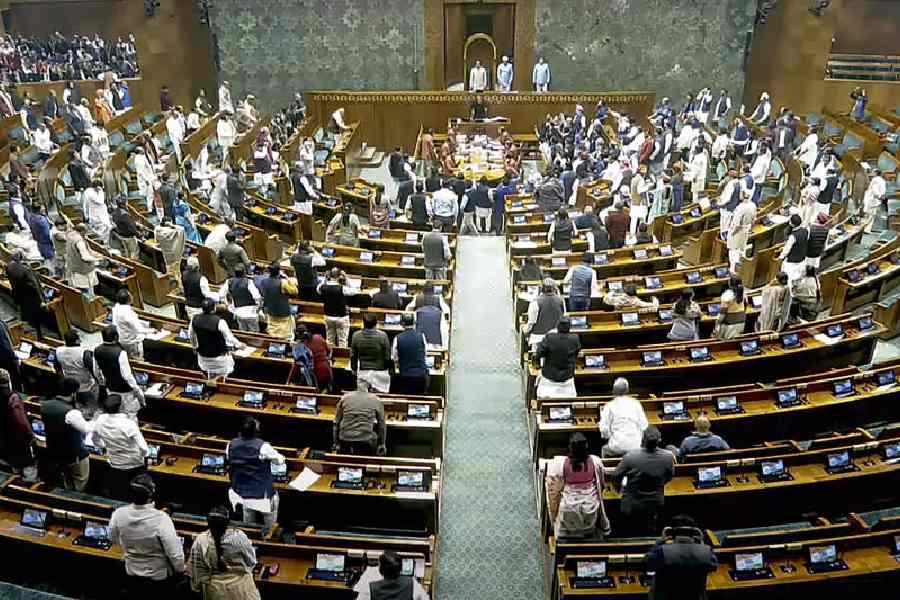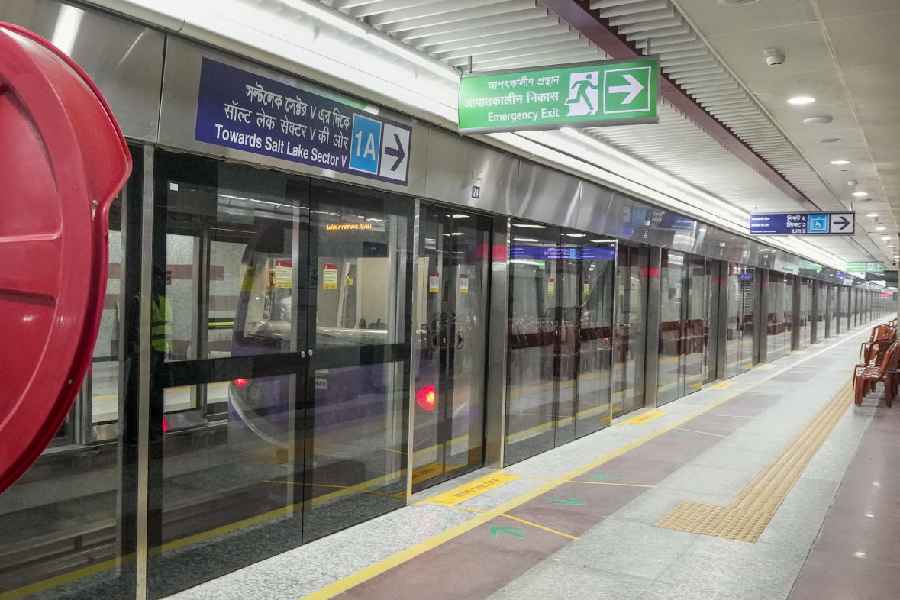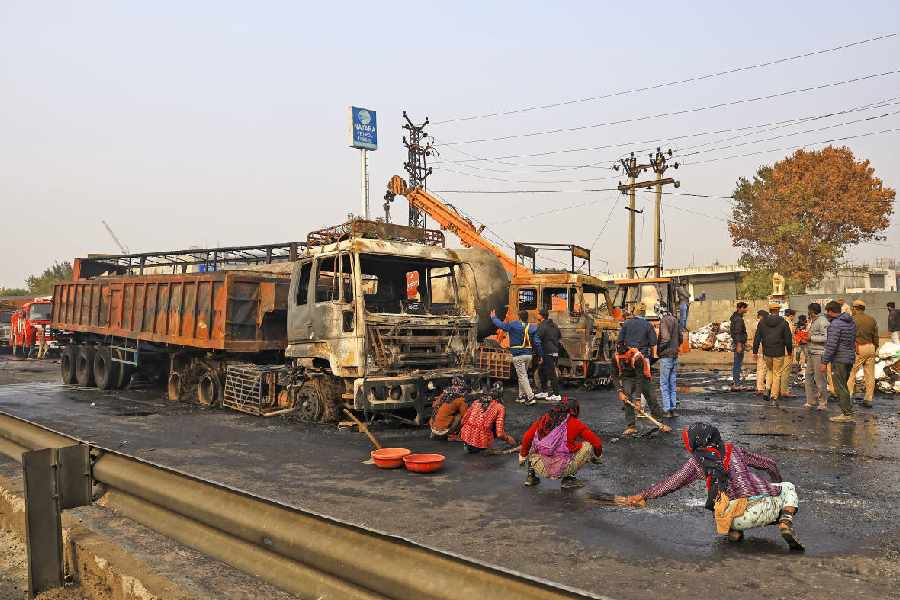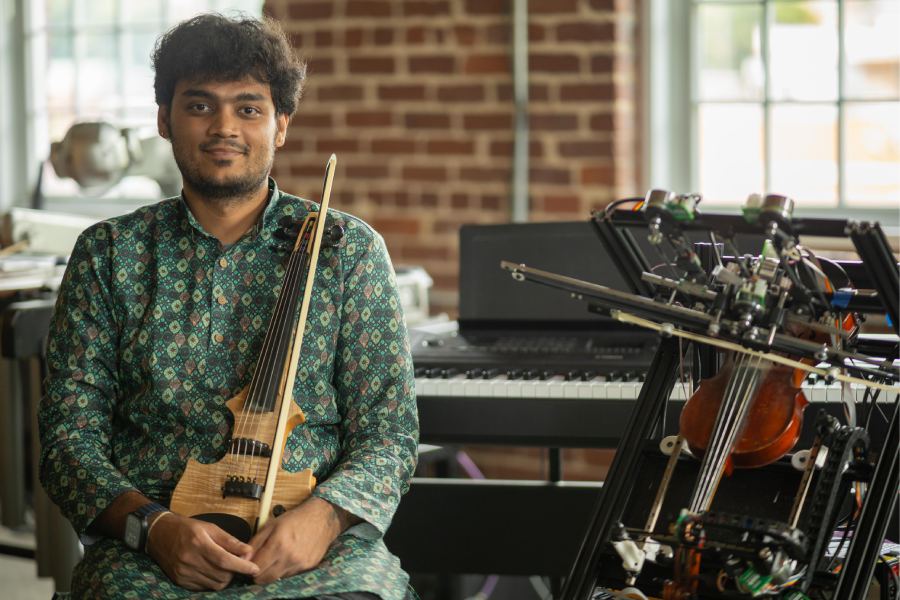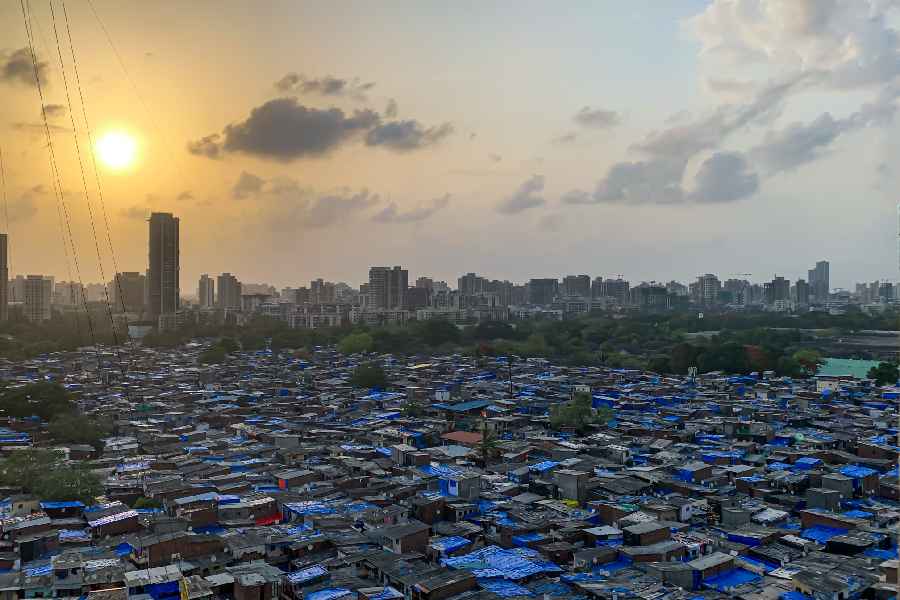From the air, Manipur looks like a bowl, a verdant valley girdled by green hills. There appears no hint of the unprecedented turbulence that has rocked this northeastern state over the past year.
But there is certainly a sense of eerie isolation and foreboding on the route from Imphal to the hill districts surrounding the valley. Leaving the Manipur capital behind, it takes three hours along National Highway 2 to reach Senapati town. Provisions are procured from here because the villages in the hills are scantily stocked.
While the majority Meiteis live in the valley, the Naga and Kuki-Zo communities inhabit the five hill districts of Senapati, Churachandpur, Tamenglong, Chandel and Ukhrul. From Senapati town, it takes over 90 minutes to reach the villages of Oklong and Oklong Khunou, comprising the Naga indigenous population, along roads in various states of disrepair, gradient and sudden turns.
In the village, one can find R.K. Paul Chawang, a native of Oklong Khunou. Paul is a social worker with a mission. His organisation, Amyaa, is striving to bring a semblance of progress to the otherwise stagnant villages in the vicinity that include Oklong, Oklong Maryram, Oklong Khunou, Makuilongdi and Maram Khunou. While working on a project in Arunachal Pradesh, he came across members of a Calcutta-based NGO, Prayasam, and urged them to come to trouble-torn Manipur and train the youth of Senapati hill district.
Recently, a group of Am-yaa members came to Calcutta to be trained at Prayasam’s Community Youth Hub. One of the members, Albert, who is also from Oklong Khunou village, found the skills training so helpful that, like Paul, he felt the youth back home would benefit greatly from this joint venture. Prayasam’s life-skills education module addresses vital parameters like self-knowledge, communication, relationship-building, decision-making, coping with emotions, living with disability and substance-use, among others.
In the hills of Senapati, Paul introduced the Prayasam team — founder Amlan Kusum Ganguly, Saptarshi Ray, Prasanta Roy and Manish Chowdhury — to several village elders, young adults, children and women to chalk out an action plan for the resurrection of defunct government primary schools that have no infrastructure or teachers.
According to 29-year-old Erangbe Hau, the school in-charge at Makuilongdi, “The government teachers never come to the schools, although they collect their salaries. We run the school as ‘proxy teachers’ at a salary of ₹6,000, arranged by the local church and village council.” Like him, 24-year-old Machunkam, a college student who lives in Oklong Khunou, says he and his friends are ready to spearhead the change.
Paul explains the demographic negligence of the hill districts. “During the long tenure of Congress chief minister Okram Ibobi Singh, the Nagas were at the receiving end and had to take recourse to a 100-day economic blockade. Under the present BJP dispensation with N. Biren Singh as chief minister, it is the Kukis who are being deprived. But despite his apparently kind visage towards us Nagas, there is no development. Whatever little funds trickle down, after greasing palms in between, are grossly insufficient for any welfare scheme,” he adds. Like in Bengal and many other states, there is a thriving job racket, including that for the posts of schoolteachers.
Paul is now looking to Prayasam to train the youth, hand-hold the trainees till they are able to sustain the impact on society and bring in a semblance of progress to keep the youth from migrating to the mainland, where most end up frustrated with their efforts to eke out a decent living. Ganguly says they will replicate their successful training module in Senapati very soon.
“Central to Prayasam’s approach is the focus on youth empowerment through Ontrack life skills lessons,” he explains. “Tailored specifically to the needs and aspirations of young people, these sessions equip them with essential skills such as problem-solving and leadership. Through interactive workshops and hands-on activities, youth are empowered to navigate life’s challenges with confidence and resilience. Moreover, they are trained to be community ambassadors, tasked with spearheading grassroots initiatives and mobilising their peers towards collective action for positive change.”
Elaborating, he says: “At the heart of Prayasam’s intervention strategy lies the concept of Multiple Activity Centres (MACs), envisioned as vibrant hubs of community engagement and empowerment. These centres serve as catalysts for change, offering a wide array of programmes and activities designed to uplift and empower the entire community.” In the villages of Senapati, the schools will be used as MACs — for children’s classes, youth activity as well as adult education programmes.
The MACs also serve as platforms for economic empowerment, particularly for women. In Naga society, women are not at the forefront of decision-making. To hone their skills, Prayasam will include income-generating activities, providing them with opportunities to achieve financial independence. Ganguly, an Ashoka and Ford fellow, says: “They will be trained in the marketing of forest resources, including local produce like kiwi and large cardamom, empowering the women to leverage their natural surroundings sustainably and generate income for their families.”
The Nagas of Senapati comprise the Zemi, Rongmei and Liangmai communities. All of them stand united in the quest for development. One village elder lamented that they have not seen their children and grandchildren in decades. There is no school, no health centre. Who would want to remain there, he asked.
When Paul explains his quest for a sustainable model with help from Prayasam, the tired eyes light up, possibly in the hope that it will draw back the children to their native village, once it is transformed into an oasis of empowerment. That will surely be a remarkable milestone, especially amid the ethnic turmoil that is ripping the social fabric of Manipur apart.

